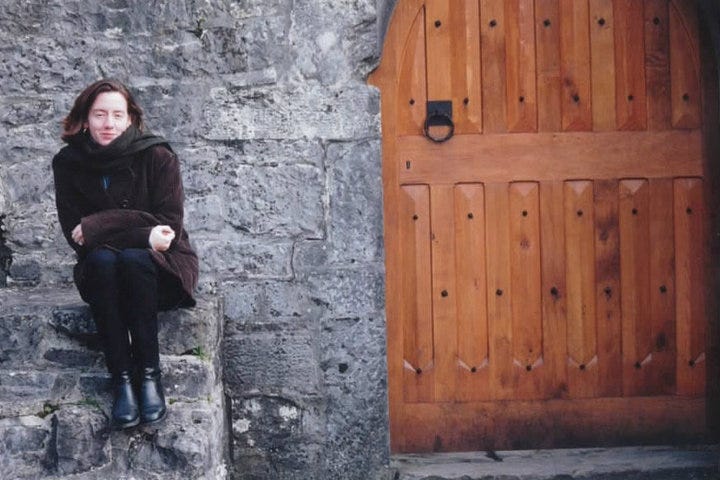A St. Patrick's Day Story: Did I Disappoint You?
On the feast day of Ireland's patron saint, U2's Bono and The Edge look back and take stock while charting a way forward — and so do I.

Beannachtaí na Féile Padraig daoibh go léir!
I spent the first several of hours of this Feast Day of Naomh Padraig — my first as an actual Irish citizen — watching Bono and the Edge show Dave Letterman around Dublin in the new…



